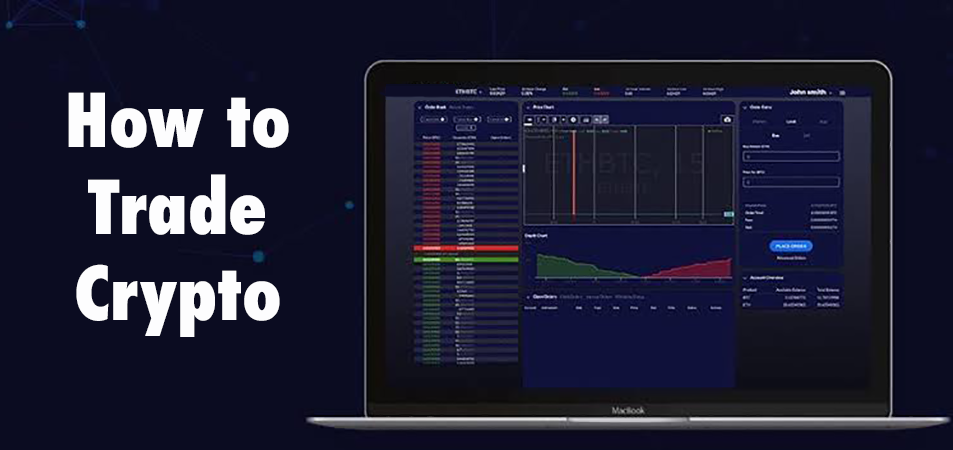Cryptocurrency trading is the act of speculating on cryptocurrency price motions via a CFD trading account, or buying and offering the underlying coins via an exchange. CFDs trading are derivatives, which allow you to hypothesize on cryptocurrency price motions without taking ownership of the underlying coins. You can go long (' buy') if you think a cryptocurrency will increase in worth, or brief (' sell') if you think it will fall.
Your earnings or loss are still determined according to the full size of your position, so take advantage of will magnify both earnings and losses. When you buy cryptocurrencies via an exchange, you buy the coins themselves. You'll require to produce an exchange account, installed the full value of the asset to open a position, and keep the cryptocurrency tokens in your own wallet until you're ready to offer.
Many exchanges likewise have limits on just how much you can transfer, while accounts can be really expensive to preserve. Cryptocurrency markets are decentralised, which means they are not released or backed by a main authority such as a government. Rather, they stumble upon a network of computer systems. Nevertheless, cryptocurrencies can be purchased and sold by means of exchanges and saved in 'wallets'.
 To Trade Cryptocurrency ...blockgeeks.com
To Trade Cryptocurrency ...blockgeeks.com
When a user wishes to send out cryptocurrency units to another user, they send it to that user's digital wallet. The transaction isn't considered last up until it has been validated and included to the blockchain through a process called mining. This is likewise how new cryptocurrency tokens are normally produced. A blockchain is a shared digital register of taped information.
To choose the best exchange for your requirements, it is essential to fully comprehend the types of exchanges. The first and most common kind of exchange is the central exchange. Popular exchanges that fall under this classification are Coinbase, Binance, Kraken, and Gemini. These exchanges are personal companies that provide platforms to trade cryptocurrency.
The exchanges noted above all have active trading, high volumes, and Great site liquidity. That said, centralized exchanges are not in line with the approach of Bitcoin. They work on their own personal servers which produces a vector of attack. If the servers of the business were to be jeopardized, the whole system might be shut down for some time.
The larger, more popular centralized exchanges are without a doubt the easiest on-ramp for new users and they even offer some level of insurance must their systems stop working. While this is real, when cryptocurrency is bought on these exchanges it is stored within their custodial wallets and not in your own wallet that you own the keys to.
Should your computer and your Coinbase account, for example, end Additional hints up being compromised, your funds would be lost and you would not likely have the ability to claim insurance. This is why it is necessary to withdraw any big sums and practice safe storage. Decentralized exchanges operate in the same manner that Bitcoin does.
Rather, think of it as a server, other than that each computer within the server is expanded throughout the world and each computer system that makes up one part of that server is managed by a person. If among these computers shuts off, it has no impact on the network as an entire since there are lots of other computers that will continue running the network.